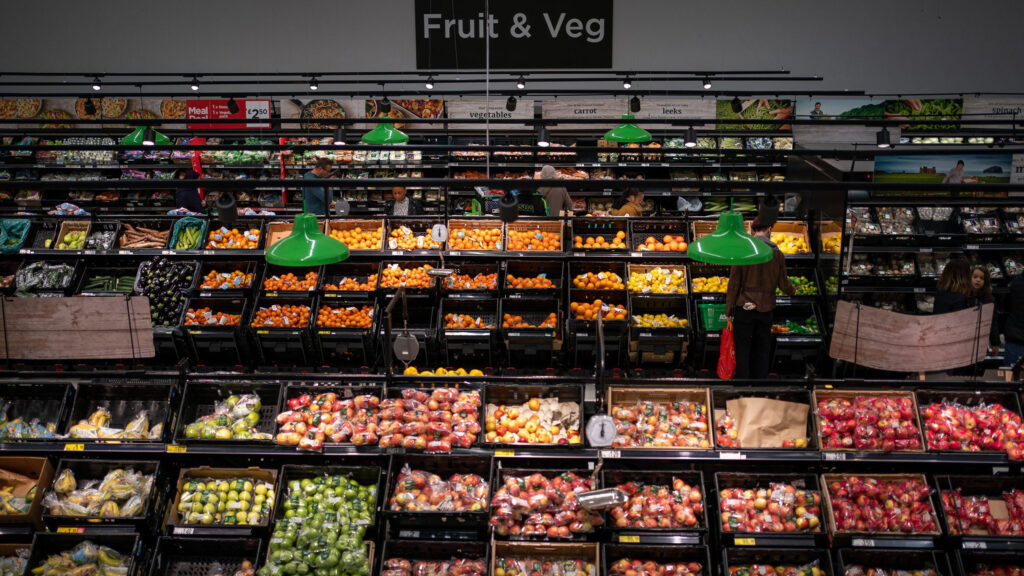Opinion: Farm profitability is at the heart of IHT challenge
 © PA Images/Alamy Stock Photo
© PA Images/Alamy Stock Photo Last week, 47 Labour MPs wrote an open letter to the “big six” supermarkets, calling on them to give a better deal for farmers, and to end the harmful practice of “farmwashing” that is actively misleading so many customers across the UK.
Since that letter was reported on by Farmers Weekly, I’ve had countless more MPs – from across the political divide – reach out to me and voice their clear support for farmers and the issues the letter raised.
See also: Labour MPs accuse supermarkets of unfair practices
About the author

Jenny Riddell-Carpenter is Labour MP for Suffolk Coastal.
I know this issue isn’t new. It’s been decades in the making, and the 46 other MPs who signed that letter with me aren’t the first to raise it publicly.
In particular, the issue of “farmwashing” has been highlighted brilliantly by Guy Singh-Watson, founder of Riverford.
I know too, that the challenges facing farmers run deep, with Brexit serving as a significant blow to the sector.
The phase-out of the Basic Payment Scheme in England has taken away a crucial safety net that helped farmers during tough times, while recent trade deals have exposed British farmers to unfair competition from cheaper, lower-welfare imports.
This is a tough battle to fight when society often prioritises price over quality; people will happily spend more on a cappuccino than on a locally produced chicken.
If we want to protect and support British farming, something must change.
Maximum profits
Supermarkets are “price setters” – seeking maximum profits that drive down on the cost that they are prepared to pay for home-grown, quality produce.
Last year alone, the “big six” supermarkets made a combined total pre-tax profit of more than £5bn.
Yet industry figures show that a typical 200-acre arable family farm in the UK makes just £27,300 in profit – and I know that many family farms won’t even recognise that figure as a true reflection of what they achieve, even in a decent year.
In a world where farmers and producers are struggling to make a living, and relying on government grants and subsidies so that they can survive from one year to the next, this can be seen to be fair or right.
I know that so many in the industry are concerned about planned changes to agricultural property relief (APR), and what it will mean for their longer-term future and viability.
Key challenge
I’ve had many conversations, at great length, with farmers in Suffolk Coastal – and I’ve fed these concerns on to the Treasury directly.
But at the heart of the challenges facing our farming industry is that of profitability.
Without profitability, farmers cannot sustain their businesses. They can’t invest or plan for the future when each day they are facing new and immense challenges that threaten their viability.
If farms were more profitable, many of the sector’s challenges – such as changes to tax relief or fluctuating market prices— would be far less pressing.
This isn’t to take away of the real concerns that farmers have about APR, but it has exposed a real and fundamental problem facing the farming industry.
The future of farming is essential, not only for the economy, but also for the fabric of rural life itself.
By focusing on policies that support profitability, ensure fair prices, and promote long-term sustainability, we can create an environment where farming thrives.
That’s why I and so many other MPs will continue to challenge the barriers, and make sure that supermarkets and the supply chain supports our farming economy.
